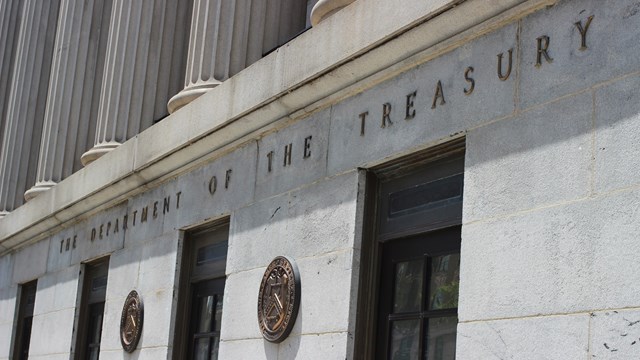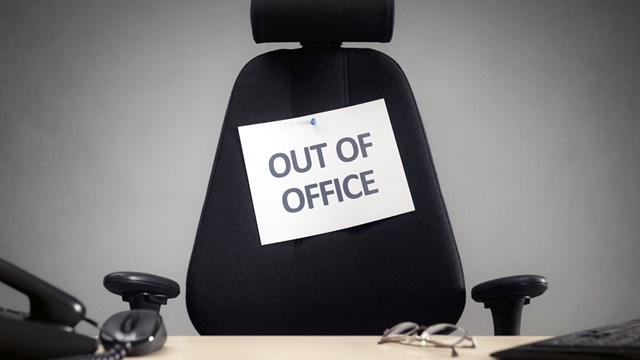
Q. We have a board that just doesn’t get along. I am the president and one of the board members is a big bully. It’s really hard to deal with him and I hear from contractors that he is nasty. He wants to run it all. No matter what I or others say, he overrides us. He didn’t show his true colors until recently and its affecting the board’s ability to function. He has two more years to serve. What do I do?
—Frayed Nerves
A. “I would like to say that I have never encountered this situation before, but I have – more than once,” says attorney Steve Loizzi of the Las Vegas firm HOA Lawyers Group. “Unfortunately, there are homeowners who believe that being a board member means being king or queen of the community, and act accordingly. Unfortunately for these individuals (but fortunately for the rest of the community) these actions are not consistent with the fiduciary duties of a member of the board, and may open the board and the HOA to complaints that may ultimately result in negative consequences to the entire board and to the HOA. The negative consequences could include investigatory and/or punitive measures taken by the Nevada Real Estate Division (“NRED”) and/or civil litigation that could potentially expose the HOA and its members to significant financial liability.
“Pursuant to NRS 116.31034, subsection 18, each board member is required to review the community’s governing documents, NRS 116 and NAC 116, and then complete and submit a form required by the State of Nevada entitled “Declaration of Certification of Common-Interest Community Executive Board Member” certifying that the board member understood the governing documents of the association and the provisions of NRS chapter 116 and NAC chapter 116. Within NRS 116, there are a number of sections governing behavior by board members.
“These include: NRS 116.3103, which provides that the officers and members of the executive board of a homeowners association are “fiduciaries and shall act on an informed basis, in good faith and in the honest belief that their actions are in the best interest of the board.”; NRS 116.31184, which prohibits a member of the executive board (along with other persons) from willfully and without legal authority to threaten, harass or otherwise engage in a course of conduct against the community manager, management company employees, other board members, employees of the association, another unit owner, or a guest or tenant of another unit owner if the course of conduct: (a) causes harm or serious emotional distress, or the reasonable apprehension thereof, to that person; or (b) creates a hostile environment for that person. A person that violates this provision can be criminally charged with a misdemeanor. Finally, NRS 116.31037 provides for the indemnification and defense of a member of the executive board if sued for actions undertaken in his/her role as a member of the board unless it can be proven that the member acted with willful or wanton misfeasance (an act that is legal but performed improperly) or with gross negligence.
“Bullying vendors and/or other board members, being nasty and abusive to vendors and/or other board members, and trying to overrun the democracy created by having a board of directors (plural) to create a dictatorship is: (a) not acting in good faith or in the best interest of the board, and (b) at a minimum, gross negligence if not intentional misfeasance – meaning this tyrant of a board member will not be indemnified or defended by the community, and may end up with personal liability that he has to pay out of his own pocket. Simply put, this board member is violating his fiduciary duties as well as other portions of the statutes governing these communities.
“The remaining members of the board have four options: 1.) do nothing and just allow this conduct to continue (not recommended); 2.) ask the HOA’s attorney to send a letter to the board member advising him that his conduct is illegal and violates his fiduciary duty to the board and the community, and demand his resignation; or 3.) pursue removal of this board member via the removal process set forth in NRS 116.31036; or 4.) file a complaint with Real Estate Division through the Office of the Ombudsman whereby this board member’s violations of the rules are reported to them, and request that they do an investigation into his actions and punish him for his actions under NRS 116.745 through 116.795.
“Dealing with this type of person on the board is never easy, but there are options for putting a stop to it. The bottom line: don’t sit back and allow it to continue.”






Comments
Leave a Comment